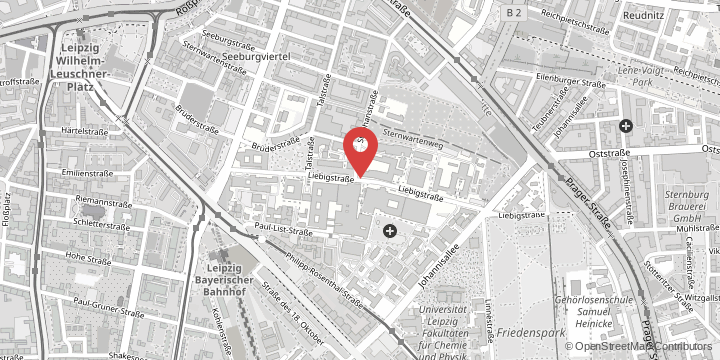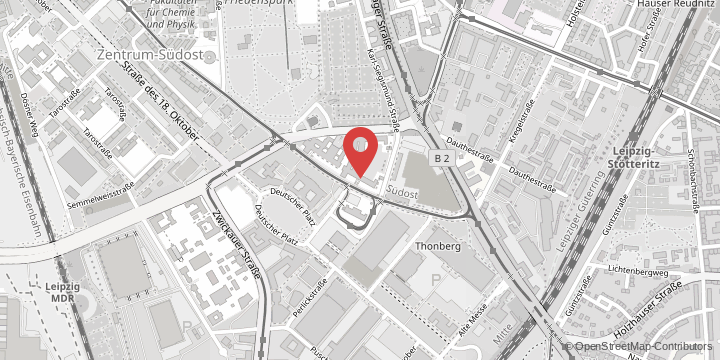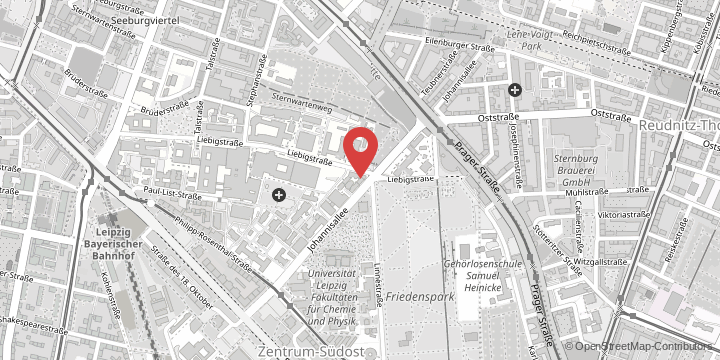During the week, the early career researchers were provided with valuable information and tools to successfully launch their scientific careers in the fields of economics and management sciences, atmospheric research and biodiversity. “Through a range of interdisciplinary projects, the doctoral researchers will explore how economic activities, human behaviour and natural resources are interlinked,” says Maria Schnabel, scientific coordinator of the RTG. This approach aims to tackle challenges such as biodiversity loss or air pollution and develop innovative solutions.
Lectures by Professor Martin Quaas, head of the Research Training Group, and Professor Olli Tahvonen, an international expert from the University of Helsinki, were instrumental in launching the research work. Quaas gave a broad overview of the economics of natural commons, while Tahvonen spoke about the “Economics of Forests and Carbon”. Quaas emphasises that both topics illustrate the relevance of the team’s research to sustainable development.
Interdisciplinary collaboration for sustainable solutions
A central element of the welcome week was the presentation of the interdisciplinary collaborative projects (ICPs), in which the doctoral researchers will carry out joint research on topics such as forest ecosystems, soils, regional climate, urban air and aerosols. “These projects will allow doctoral researchers to look at scientific issues from different perspectives and develop solutions together,” says Quaas. The interdisciplinary approach allows individuals to look beyond their own academic disciplines and develop innovative approaches to complex environmental problems.
Visits to the participating faculties and research institutions deepened the researchers’ understanding of the programme’s interdisciplinary structure. The Faculty of Economics and Management Science, the Faculty of Physics and Earth System Sciences and the Faculty of Life Sciences provided a comprehensive insight into their work. The non-university partner institutions, such as the Helmholtz Centre for Environmental Research (UFZ), the Leibniz Institute for Tropospheric Research (TROPOS) and the German Centre for Integrative Biodiversity Research (iDiv) Halle-Jena-Leipzig, also illustrated the diversity and interconnectedness of the research landscape in the ECO-N framework.
From scientific exchange to university support
In addition to the academic topics, the doctoral researchers were also able to find out about the University’s programmes and services. The Graduate Academy and the Office for Equality, Diversity and Family Affairs presented their support services for doctoral researchers, while a workshop on self-management and time management rounded off the programme.
With this welcome week, ECO-N has laid the foundations for a research community that is ready to take on the great challenges of our time. “This Research Training Group could be a building block for our potential Cluster of Excellence Breathing Nature,” says Quaas. Most importantly, however, the work of the RTG is intended to contribute in the long term to developing innovative and sustainable solutions for the responsible use of our natural resources.
Just as there are close links between the individual doctoral research projects, so the natural commons they are investigating are also inextricably linked. The questions being asked today could one day lead to answers that preserve the fragile balance of our natural world – ensuring a sustainable future for people and the environment.































































